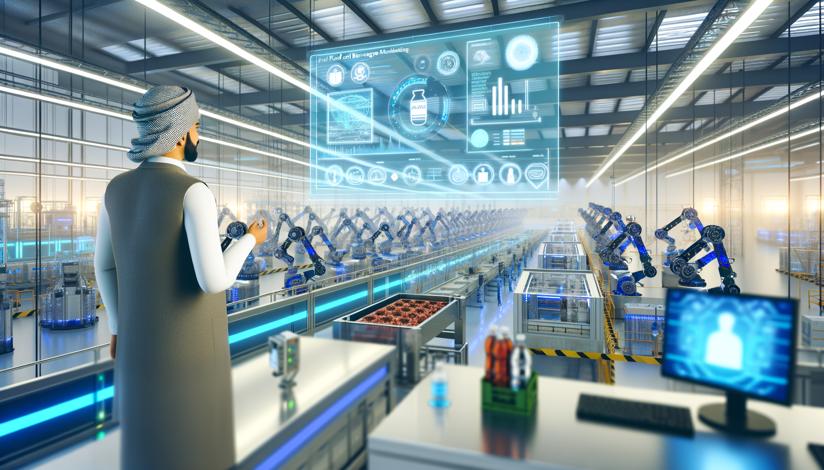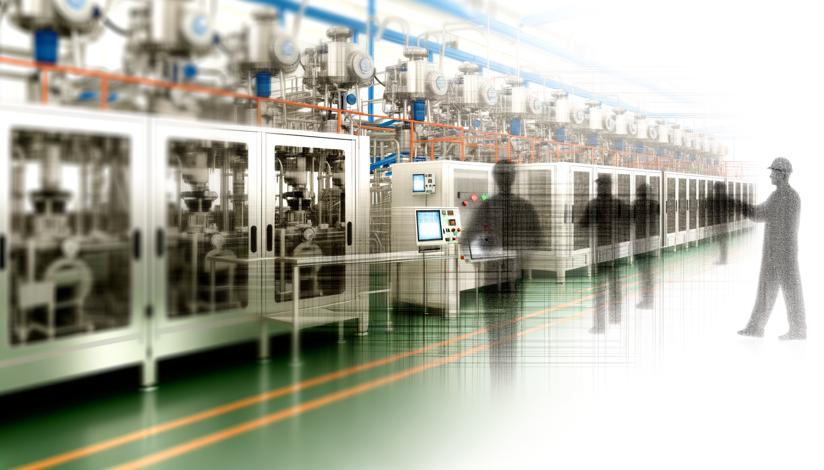

When it comes to nutritional value, food and beverage manufacturing generally offers a wider range of healthier options. These companies prioritize quality ingredients and focus on creating products that are rich in nutrients. They often provide detailed nutritional information, including calories, fat, protein, and vitamins, on their packaging or websites.
On the other hand, fast food chains are notorious for their high-calorie, high-fat, and high-sodium offerings. While some chains have made efforts to introduce healthier options, the majority of their menu items are still unhealthy. Fast food is often associated with obesity and other health issues due to its lack of nutritional value.
Ingredient transparency is another important factor. Food and beverage manufacturing companies often pride themselves on using natural and organic ingredients. They clearly label their products with information about the sourcing and production methods. This transparency allows consumers to make informed choices based on their dietary needs or preferences.
Fast food chains, on the other hand, are often criticized for their lack of ingredient transparency. Many chains do not disclose the full list of ingredients or use vague terms like 'natural flavors' or 'artificial colors.' This lack of transparency makes it difficult for consumers with dietary restrictions or allergies to know if the food is safe for them to consume.
When it comes to food safety, both sectors are subject to strict regulations. Food and beverage manufacturing companies adhere to stringent quality control measures to ensure the safety of their products. They undergo regular inspections and testing to maintain high standards.
Fast food chains also have protocols in place to ensure food safety. However, due to the fast-paced nature of their operations, there is a higher risk of contamination or mishandling of food. The frequent handling of raw ingredients and the rushed preparation process can increase the likelihood of foodborne illnesses.
Lastly, dietary restrictions play a significant role in determining which sector is healthier. Food and beverage manufacturing companies offer a wide variety of products that cater to different dietary needs, such as gluten-free, vegan, or low sodium options. These companies understand the importance of catering to a diverse range of consumers.
Fast food chains, on the other hand, have limited options for those with dietary restrictions. While some chains have introduced allergen menus or special dietary options, they are often limited in variety and availability.
In conclusion, food and beverage manufacturing companies generally offer healthier options compared to fast food chains. They prioritize nutritional value, ingredient transparency, food safety, and catering to diverse dietary needs. While fast food chains have made efforts to improve their offerings, they still fall short in these areas. Consumers looking for healthier options should consider food and beverage manufacturing companies for their dietary needs.

Nutritional Value
Ingredient Transparency
Catering to Dietary Needs

Higher Risk of Food Contamination
Lack of Ingredient Transparency in Fast Food Chains
























-
https://www.ncbi.nlm.nih.gov/pmc/articles/PMC6801791/
-
https://www.ncbi.nlm.nih.gov/pmc/articles/PMC5294254/






































